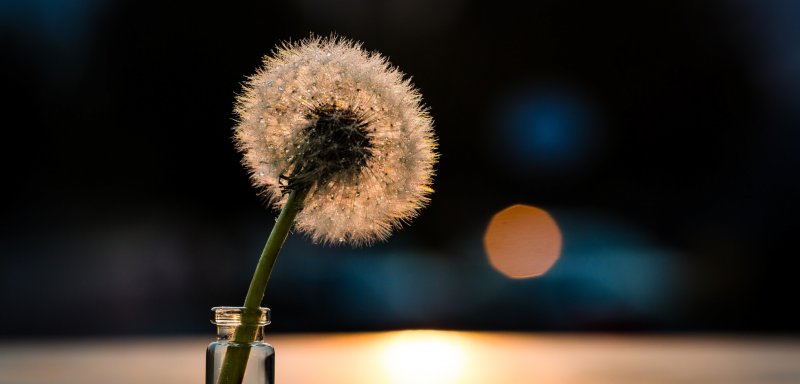SOURCE: TruthDig
DATE: March 3, 2019
SNIP: The biggest agricultural authority in the world has warned that the web of life is coming apart as the loss of biodiversity increases.
The Food and Agriculture Organisation (FAO) of the United Nations says the wholesale destruction and degradation of natural ecosystems puts human food security at risk, and adds a warning that the same loss could also seriously affect human health and livelihoods.
Although conservationists and biologists have been warning for decades of the increasing threat of mass extinction of species, the FAO study focuses on what its authors call “associated biodiversity for food and agriculture” – that is the networks or ecosystems of living things that underwrite all human food, livestock feed, fuel and fibre, as well as many human medicines.
In a new, 576-page report the FAO concerns itself not just with the remorseless loss everywhere of the natural wilderness and the biological variety fine-tuned by three billion years of evolution, but also with the wild ancestors of crop plants and the myriad breeds, strains and variants selected and bred by generations of farmers and pastoralists during the past 10,000 years of settled agriculture.
There are more than 250,000 flowering plants. Around 6,000 are cultivated for food, but most of the global diet is based on fewer than 200 species, and 66% of all crop production is delivered by just nine crop plants.
All of them are dependent directly and indirectly on associated biodiversity. “Less biodiversity means that plants and animals are more vulnerable to pests and diseases. Compounded by our reliance on fewer and fewer species to feed ourselves, the increasing loss of biodiversity for food and agriculture puts food security and nutrition at risk,” said José Graziano da Silva, director-general of FAO.

